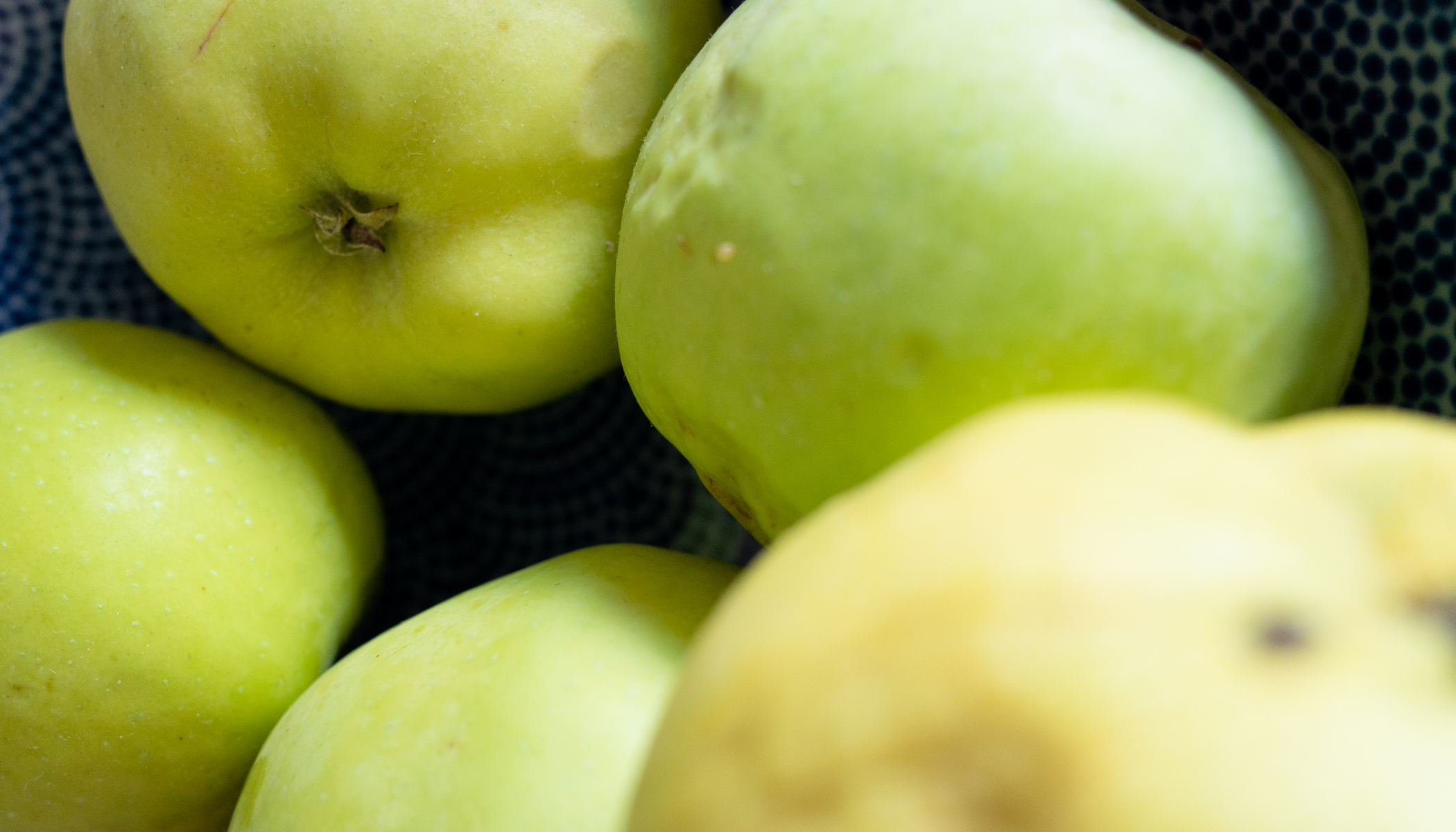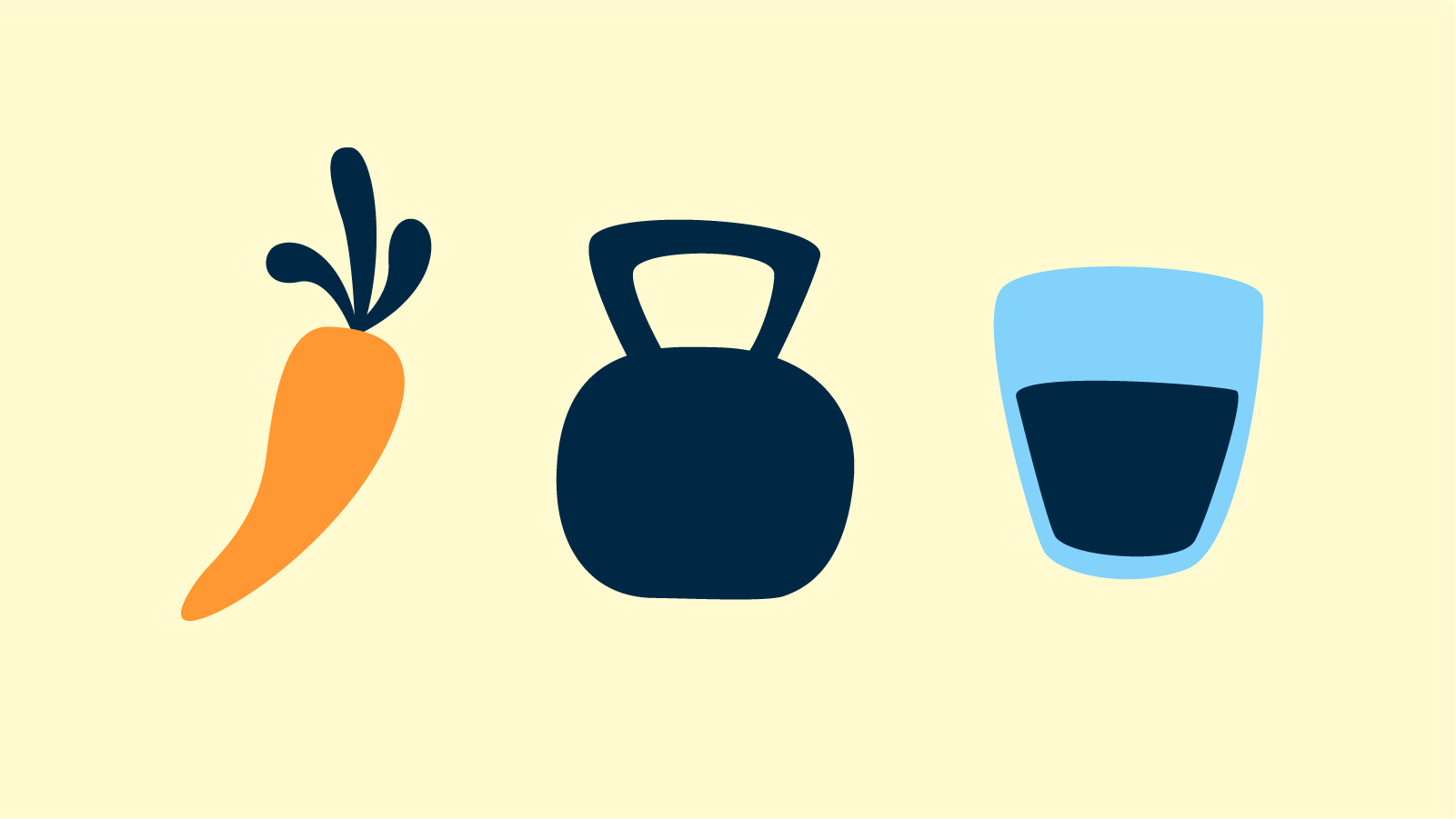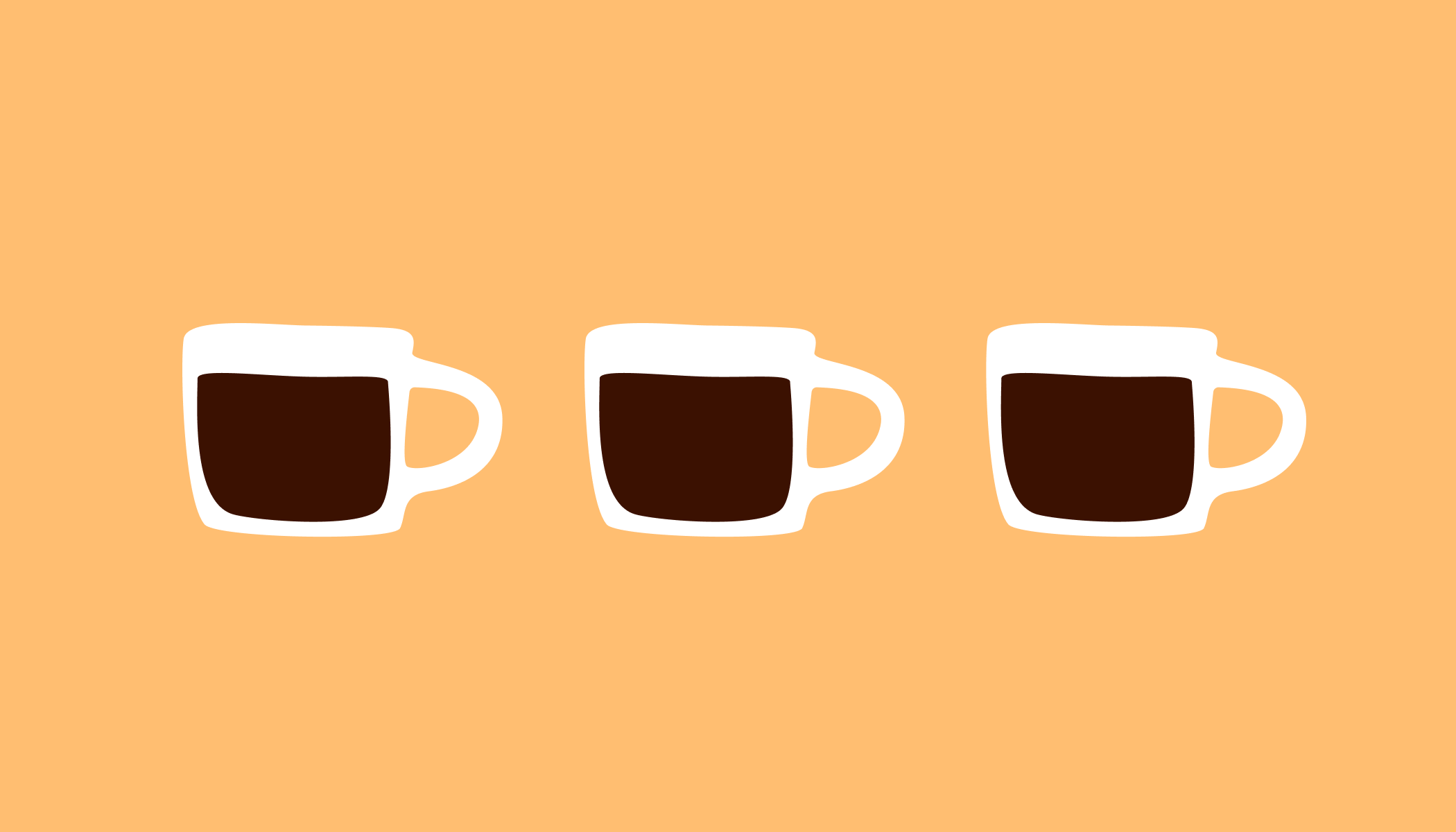We know that the food we fuel our bodies with is so important for our health. Eating more lean protein, fibre and good fats over refined and sugary foods will keep your energy levels topped up and even help to stave off disease.
Up until recently, the medical field didn’t really acknowledge the connection between mood and food. Only now are we learning more about the gut-brain connection, revealing the importance of looking after the friendly bacteria in your gut to stabilise your mood and reduce the chance of depression.
The latest research suggests a much deeper relationship between food and your mood and brain performance. There’s a great deal more to understand and research is ongoing.
What’s the link between food and your mental health?
The food you eat directly affects the structure and function of your brain – and therefore your mood. Unsurprisingly, your brain functions best when you feed it foods high in vitamins and minerals.
Omega-3 fatty acids found in foods like oily fish, nuts and seeds, help to keep your brain functioning healthily and ward off degenerative conditions like Alzheimer’s disease.
Wider studies have shown diets high in vegetables, fruits, unprocessed grains and fish – like the Mediterranean diet and the traditional Japanese diet – can reduce the risk of depression, on top of helping you live longer.
Experts are also finding that diets high in refined sugars or processed foods can spell the opposite.
This is because they can disrupt your body’s regulation of insulin (which plays an important role when it comes to your blood sugar levels) and cause inflammation. One large study found that both of these factors can affect brain function and make symptoms of mood disorders like depression worse.
What’s the gut-brain connection?
Serotonin is one of the body’s key chemicals – it helps to regulate your sleep, appetite and mood. Known as the ‘feel-good’ chemical, serotonin enhances calm, improves your outlook and lessens depression.
Amazingly, over 90% of your serotonin is produced in the digestive tract, so it makes sense that our digestive system doesn’t just help you process food, but may also guide your mood.
Even more, the production of serotonin depends on the billions of ‘good’ bacteria that make up your gut microbiome. They improve how well you absorb nutrients from your food and they activate connections between your gut and brain. It’s not surprising that some scientists now refer to your gut as a ‘second brain’.
The bottom line:
- Improving your diet may help to improve your mood, give you more energy and help you think more clearly.
- Healthy eating habits like ditching sugary foods and eating more of a Mediterranean diet, are linked to better mental health
- The gut microbiome may play a key role in the relationship between the food we eat and our mood
7 food types (and eating habits) that can help to boost your mood
This isn’t about magic-bullet ingredients, but the evidence is mounting to link these foods and eating habits to reduced risk of depression and better wellbeing.
1. Eat more fruit and vegetables
Sounds simple, but fruit and veg contain fibre as well as plenty of the vitamins and minerals your body needs to feel good. One large study that followed people for about 7 years proved that those who increased both in their diet rated themselves significantly happier and more satisfied with life.
Try:
- Eating a rainbow of fruit and veg each week
2. Swap refined for complex carbs
Swap highly refined carbohydrates like pastries, white bread and sweet cereal as often as you can for complex carbohydrates like wholegrains and pulses. Refined carbs can cause your blood glucose and insulin levels to spike, and studies have also drawn a link to depressive symptoms. Complex carbs give you slow-release energy and can help to balance your mood.
Try:
- Chickpeas in stews and curries
- Oats for breakfast
- Mashed sweet potato instead of white rice
3. Add more lean protein to your plate
Protein contains amino acids and when we eat these, it triggers another feel-good hormone, dopamine, to be released. This works to increase your energy levels and improve your concentration. Lean protein also affects your hunger hormones and can help you feel full, so when you eat enough of it, you can ward off ‘hanger.’
Try:
- Boiled eggs as snacks
- Adding leftover chicken or salmon to your salad
- Lentils in curry or dahl
4. Introduce gut-friendly foods
A diet that’s high in fibre and polyphenols promotes good gut health, while introducing things like probiotics can specifically improve the health of that friendly bacteria. It all helps to send feel-good signals from your gut to your brain.
Try:
- Live yoghurt with berries for breakfast
- Sauerkraut or kimchi as a snack
- A drizzle of olive oil on your salad
5. Eat regularly
When your blood sugar drops, you can feel tired and irritable. Eating regular meals and choosing foods that release energy slowly will help to keep your levels steady.
Try:
- Whole grain pasta, rice and bread instead of white
- A banana, oat cakes or a handful of nuts if you’re hungry between meals
6. Be inspired by the Mediterranean diet
You don’t have to eat it all the time to reap the benefits. So many studies point to its combination of fish, fruit, vegetables and nuts as being an excellent general health and mood booster.
Try:
- Growing your own tomatoes or courgettes
- Mackerel or sardines on toast
- Smashed avocado in your sandwich
7. Drink more water
If you don’t drink enough throughout the day, you might find it difficult to concentrate or think clearly. It can also make you feel constipated (which is definitely a mood killer). It’s worth noting that tea and coffee count to keep you hydrated, but too much caffeine is linked to anxiety and disturbed sleep, so keep it balanced.
Try:
- Drinking 6–8 glasses of fluid a day
- Swapping sugary or caffeinated drinks for low-sugar or decaf
This article has been medically reviewed by Dr Bryony Henderson, Lead Livi GP.


